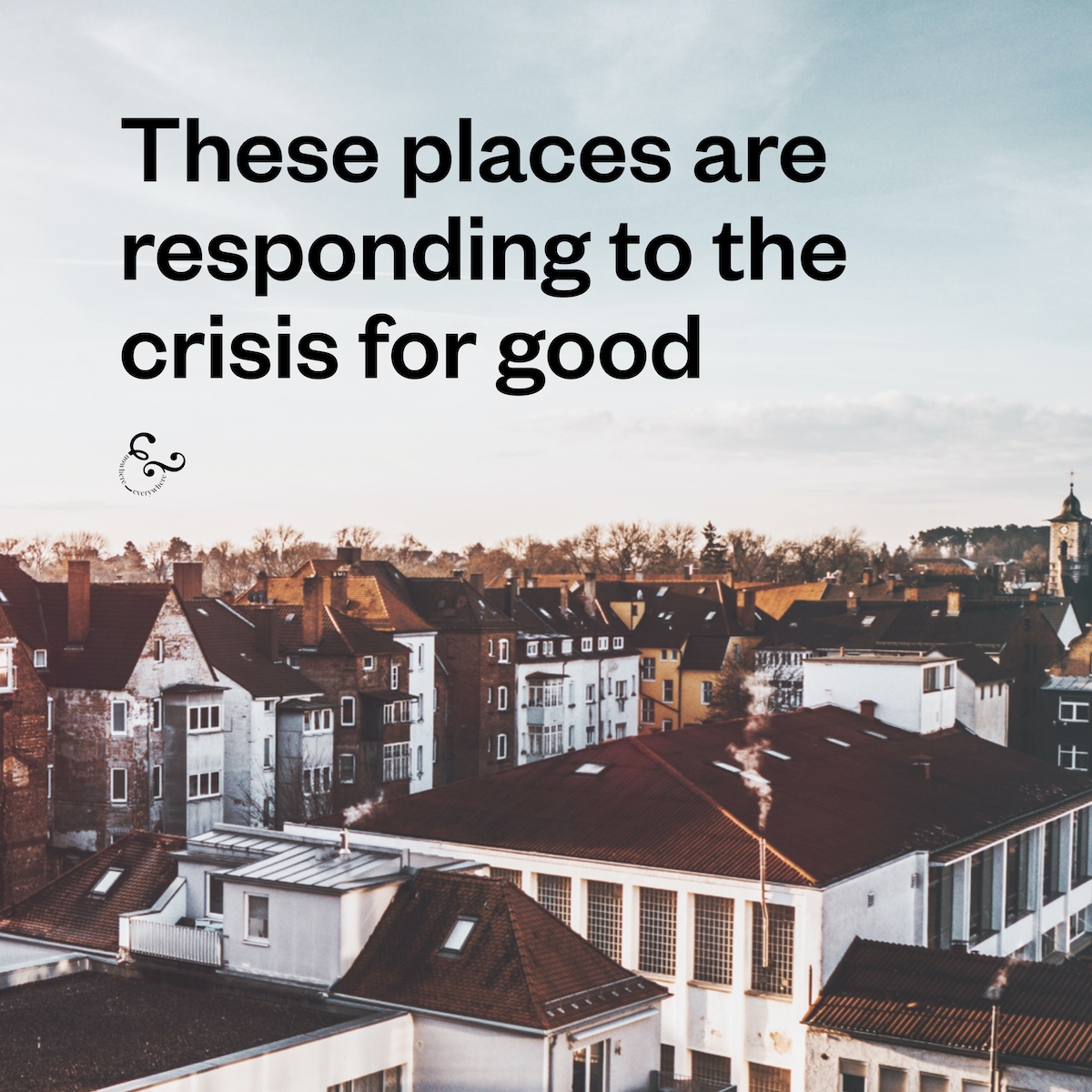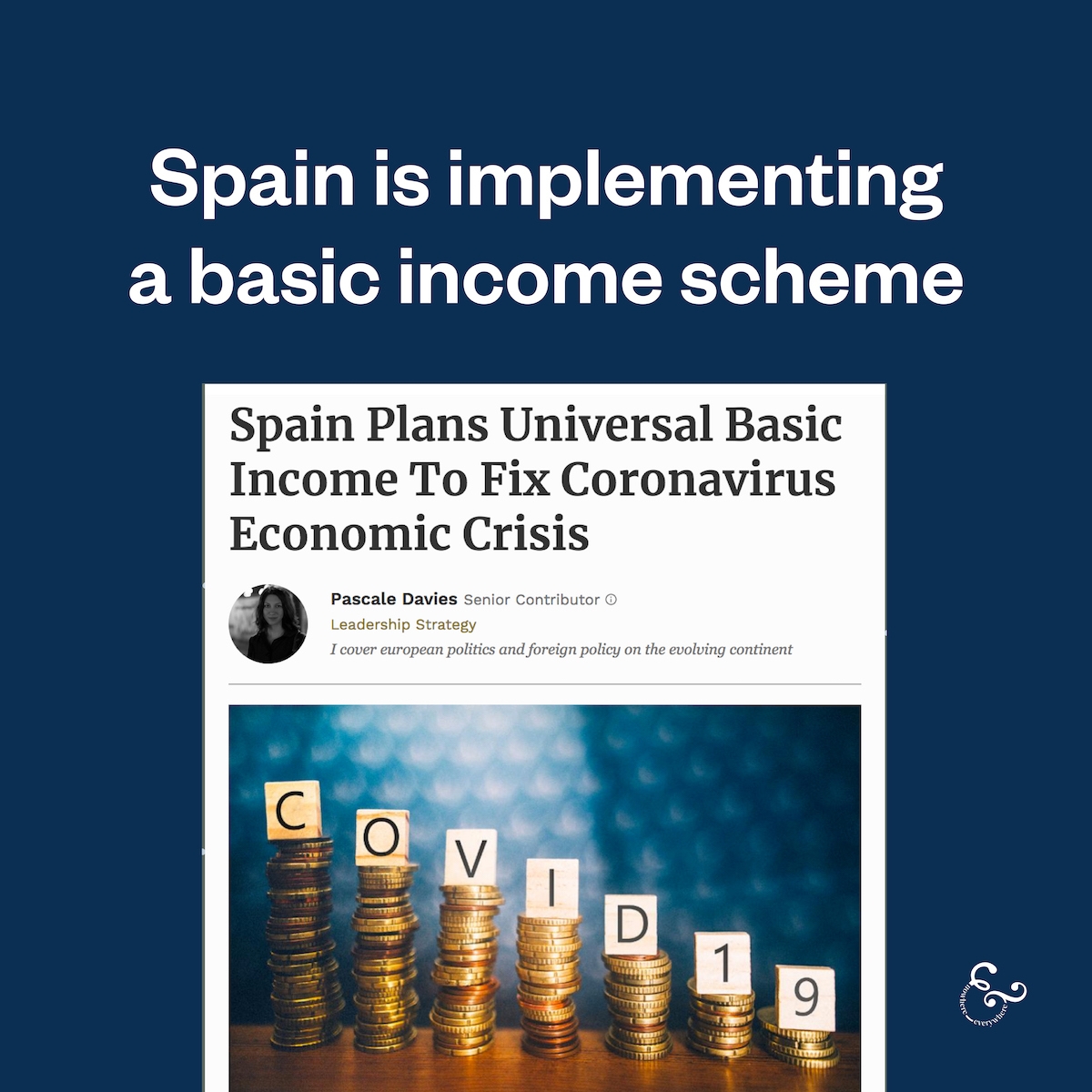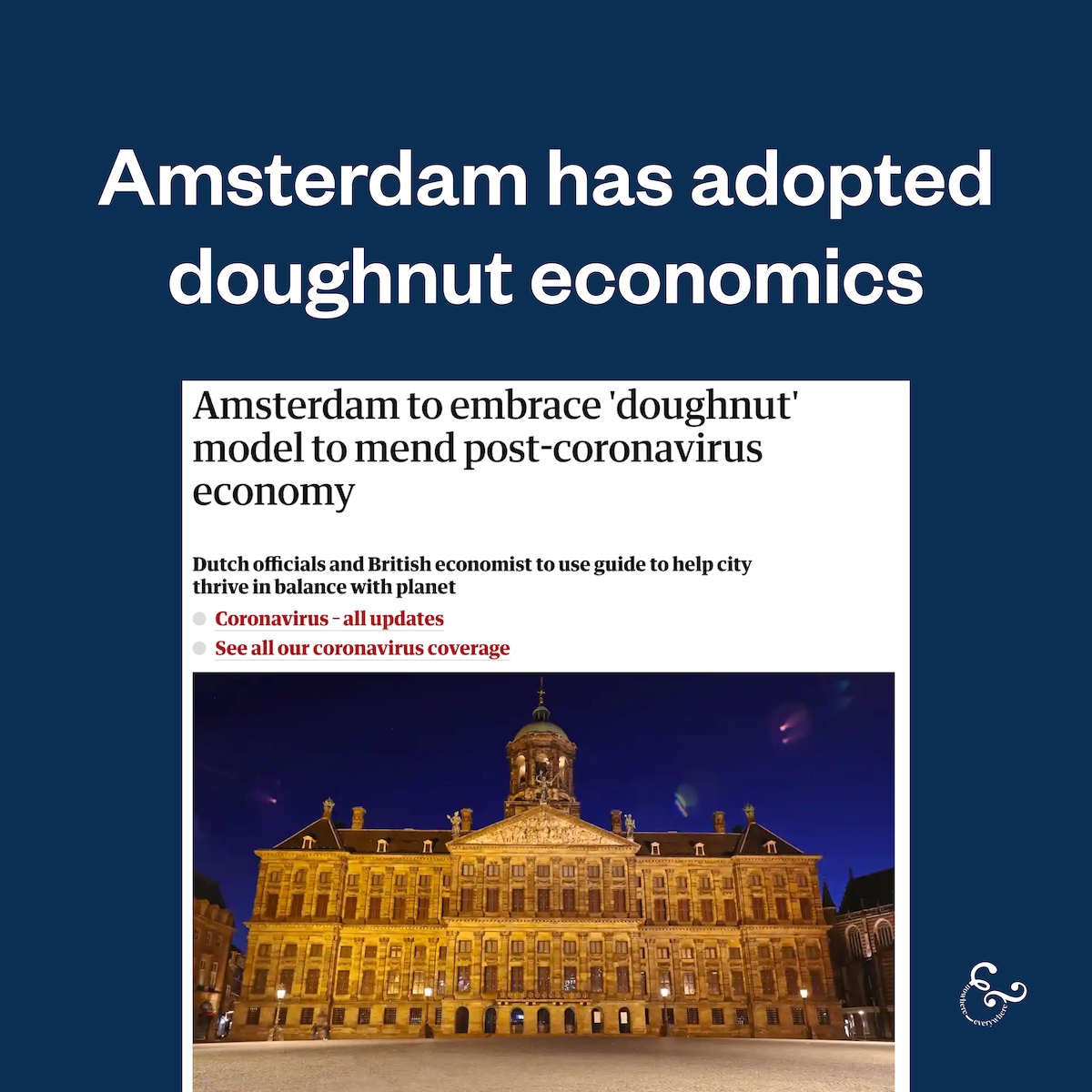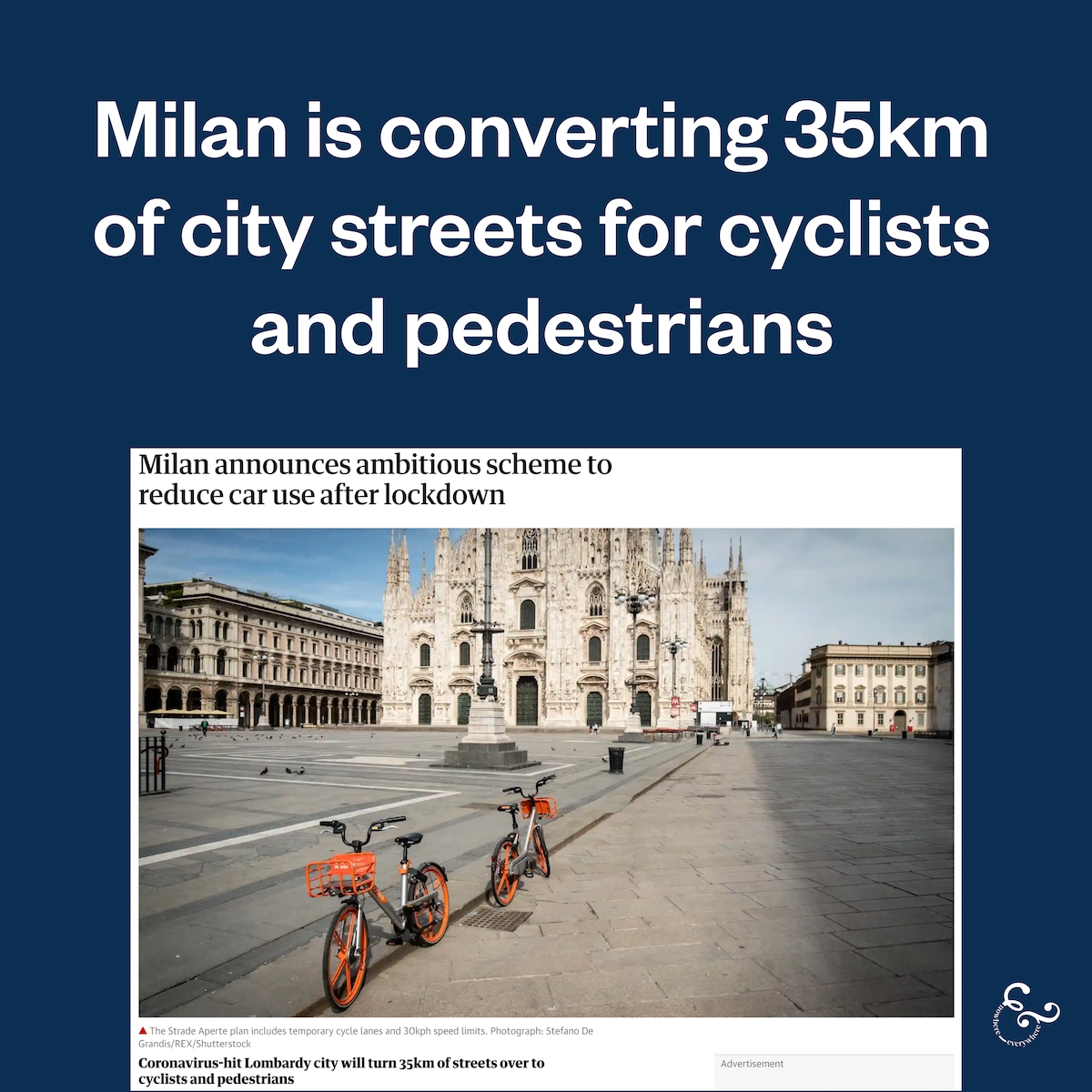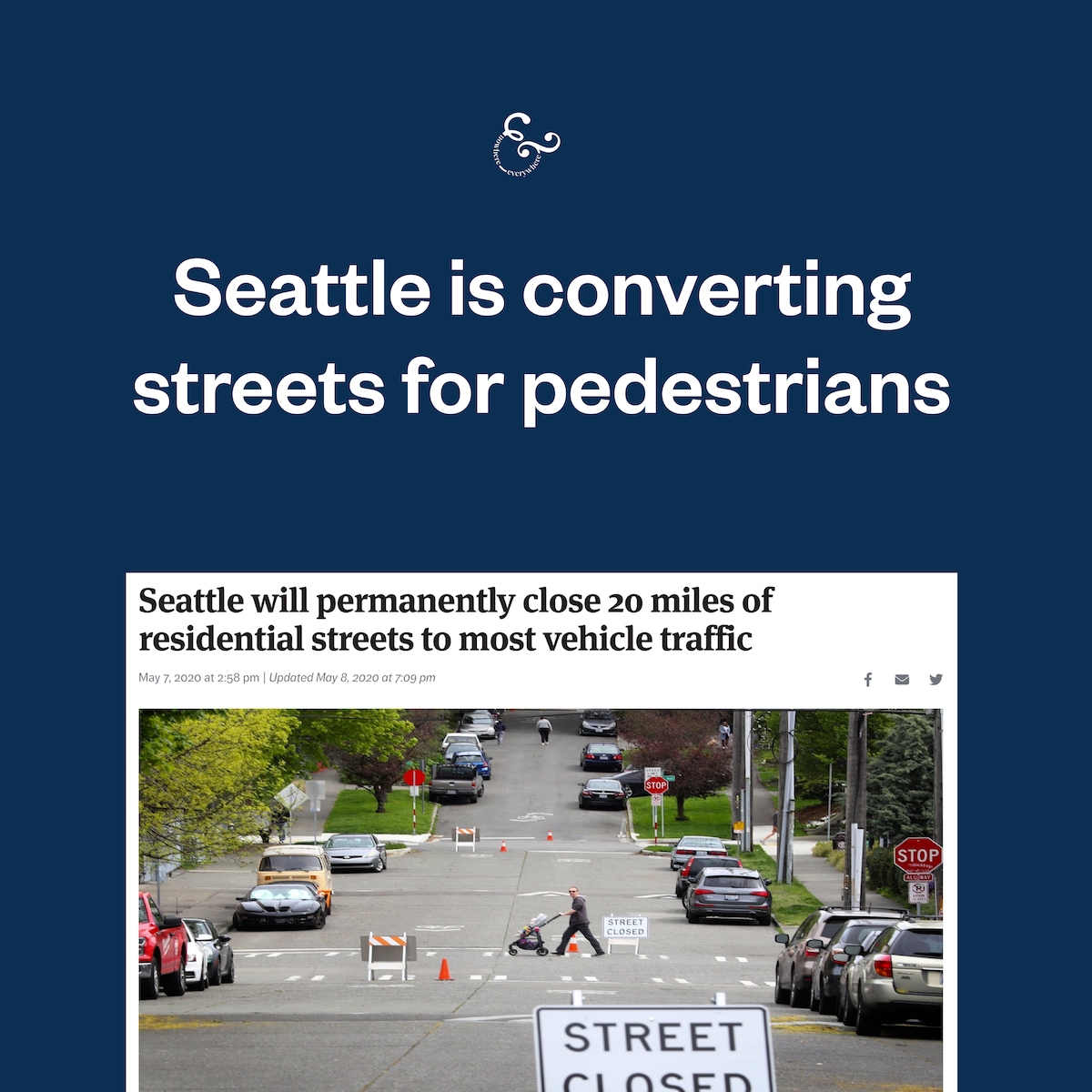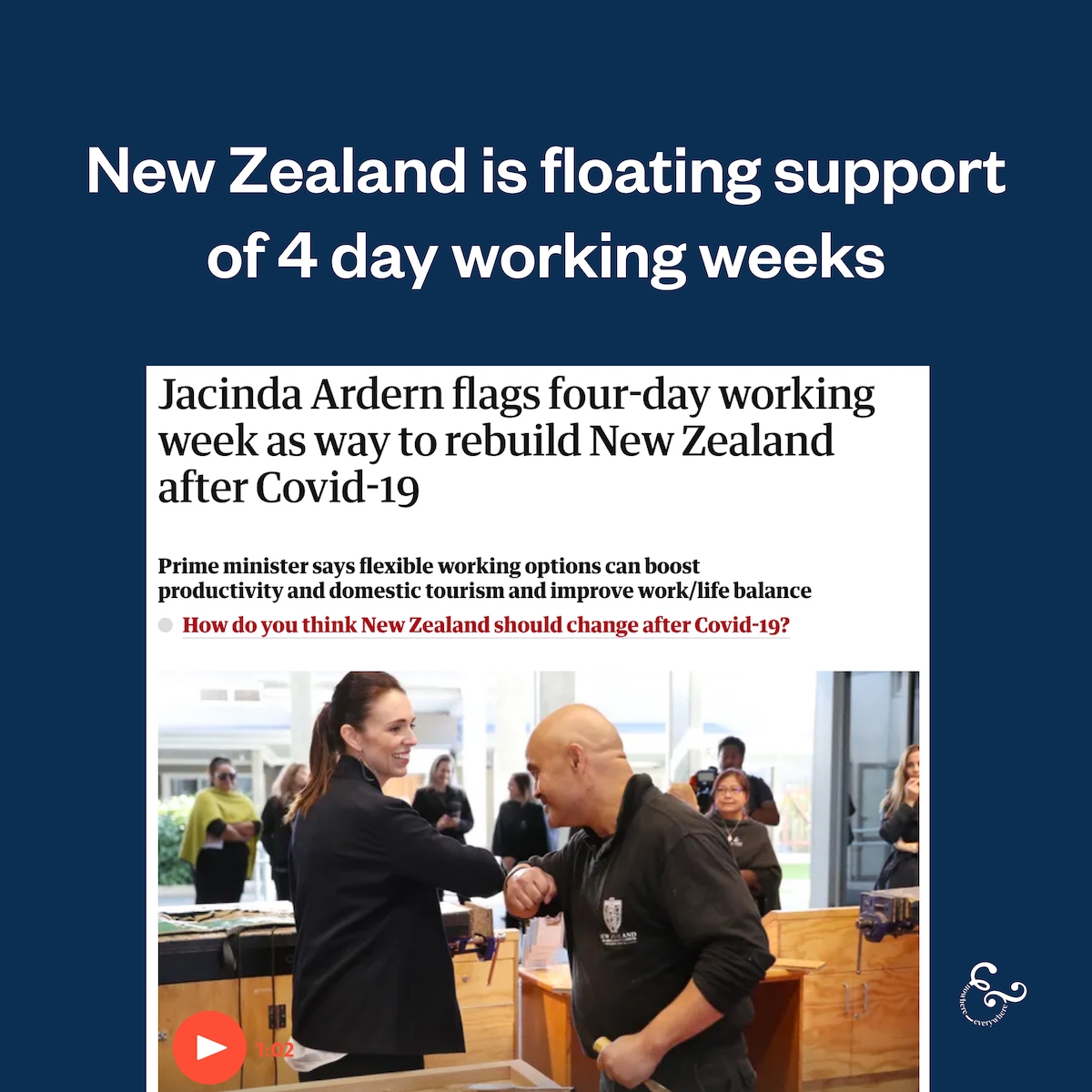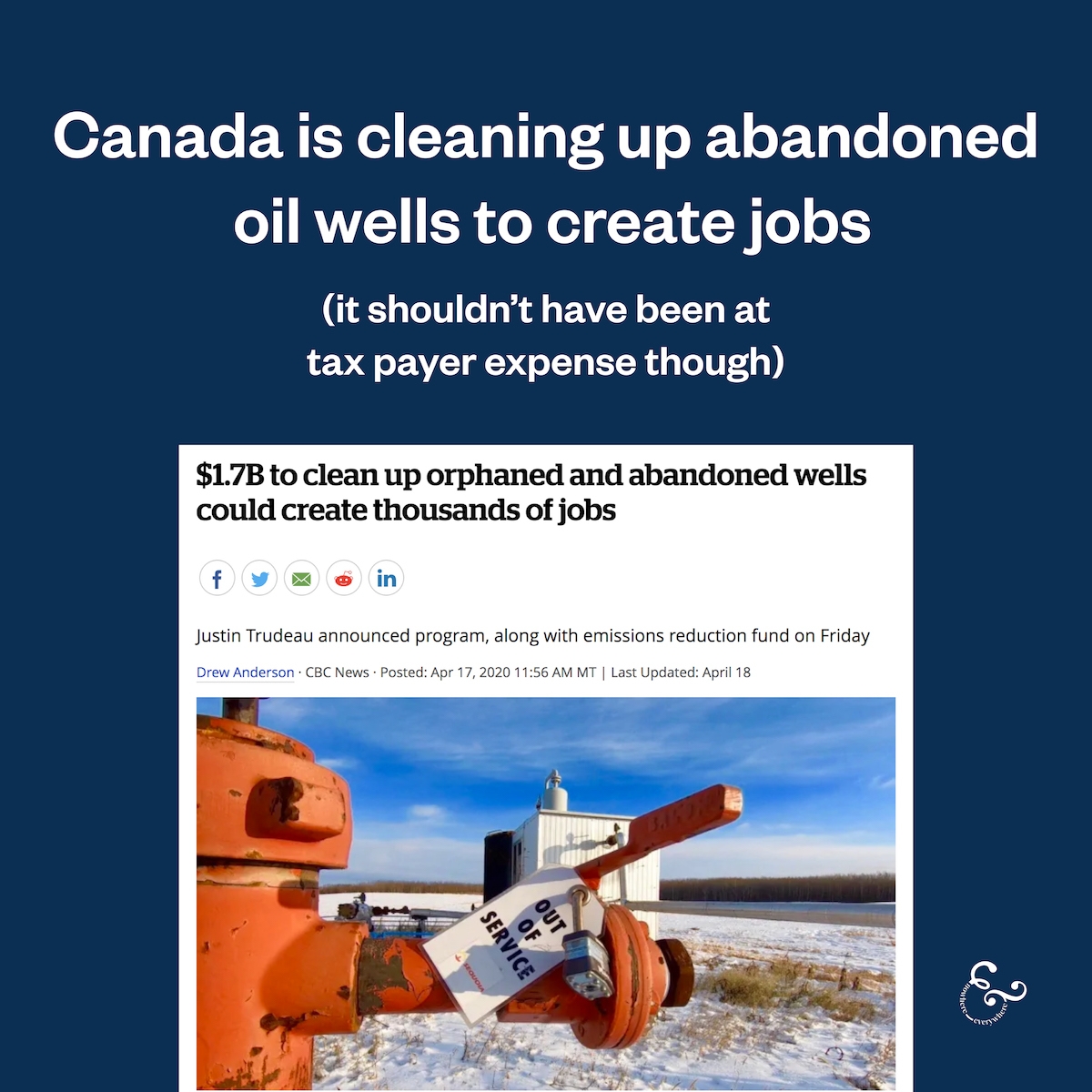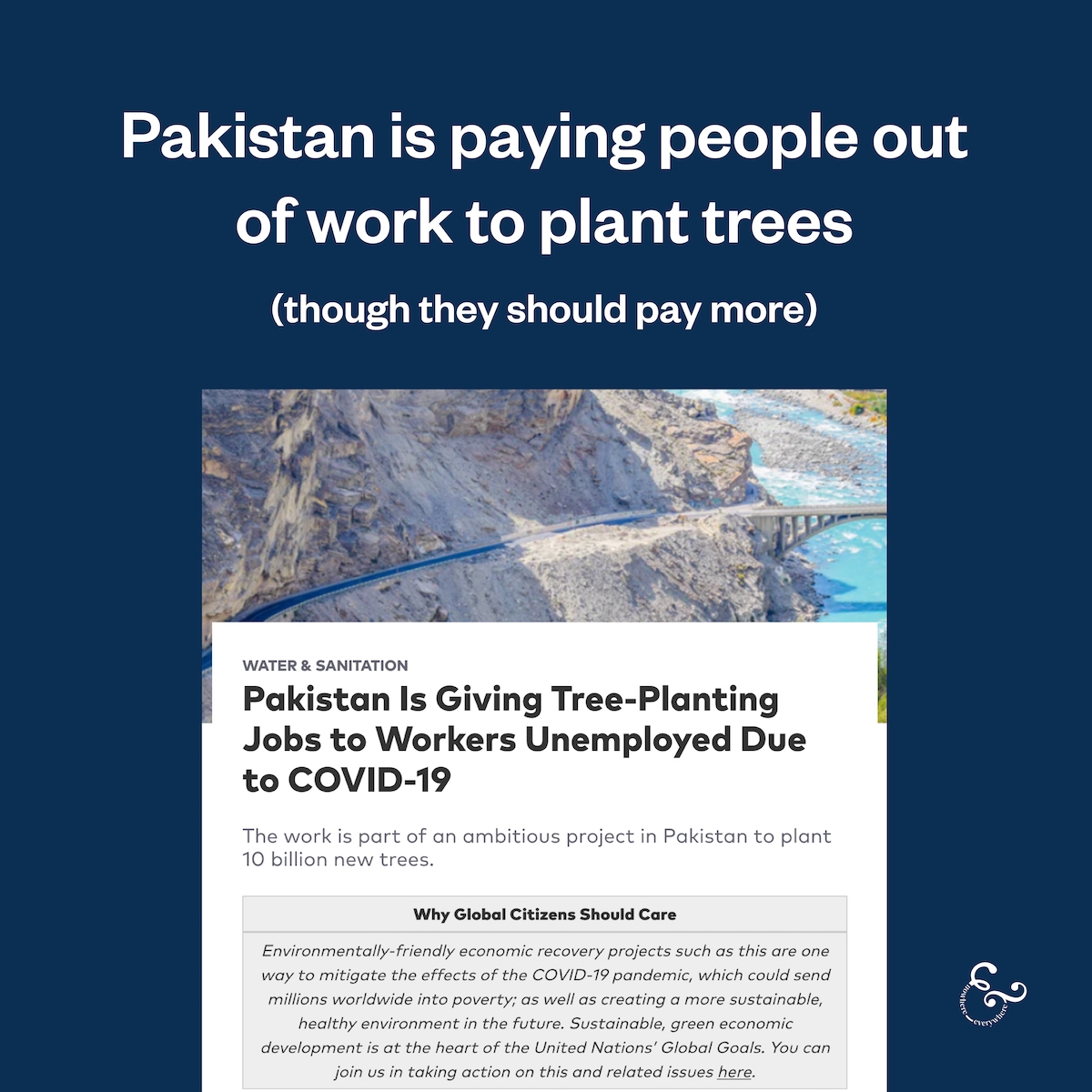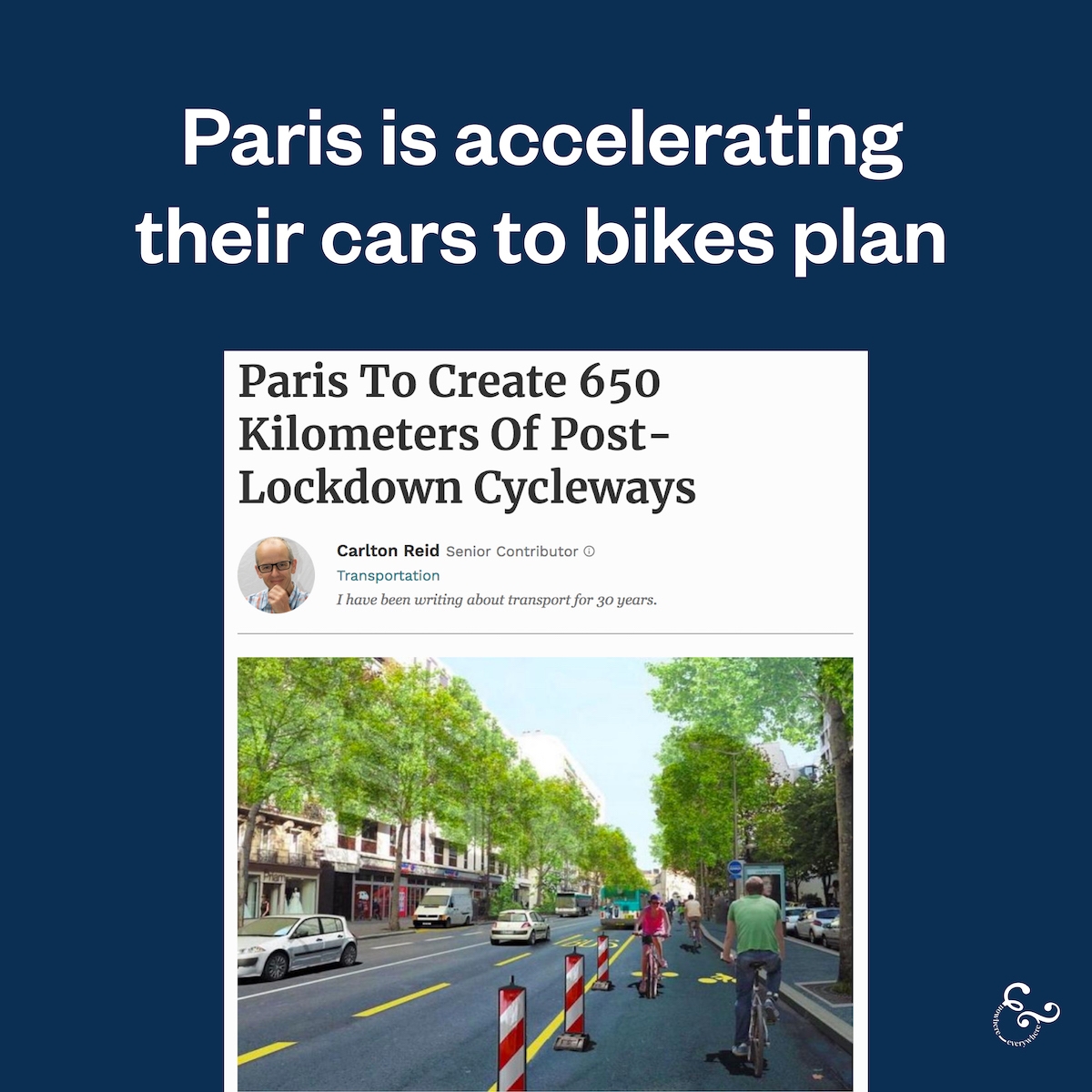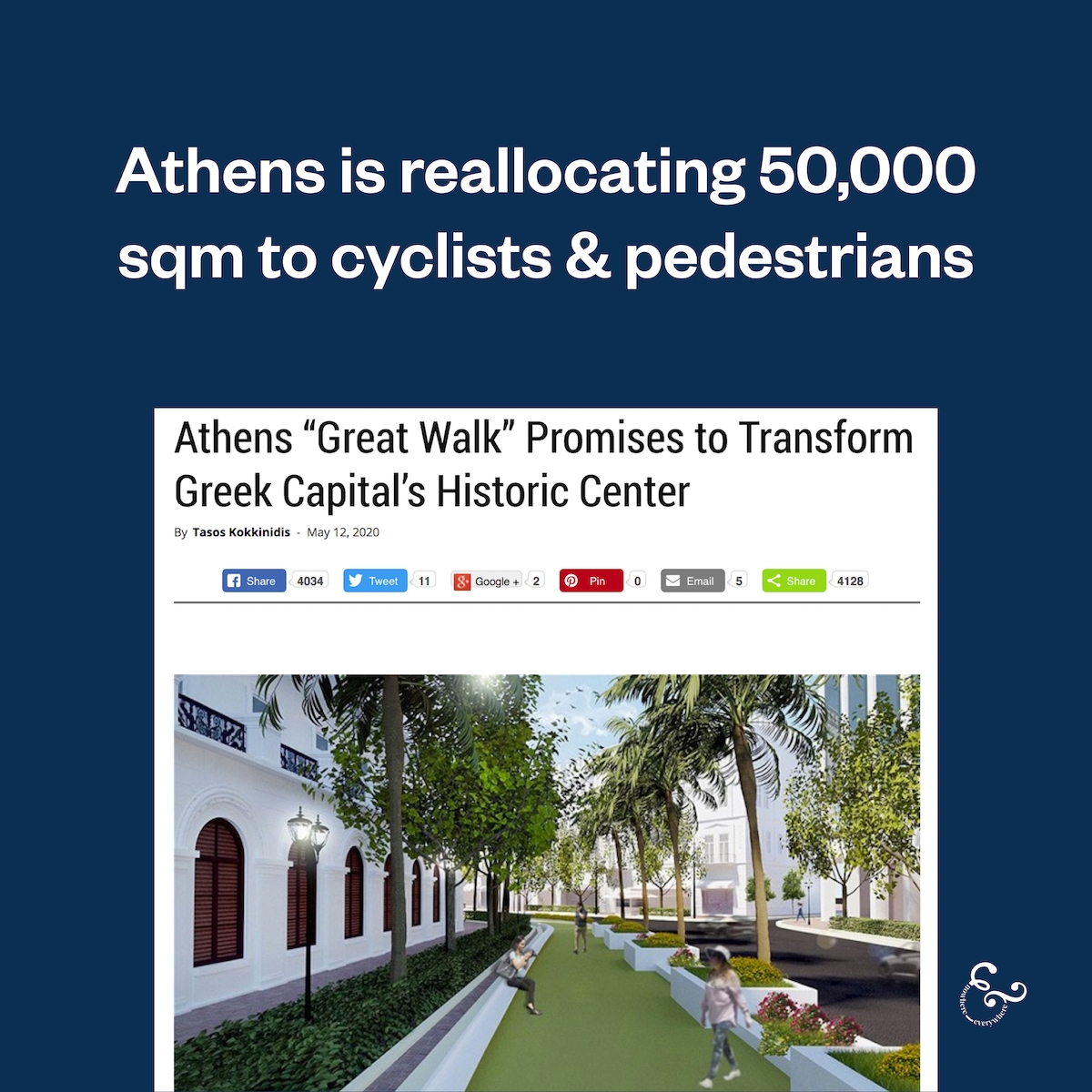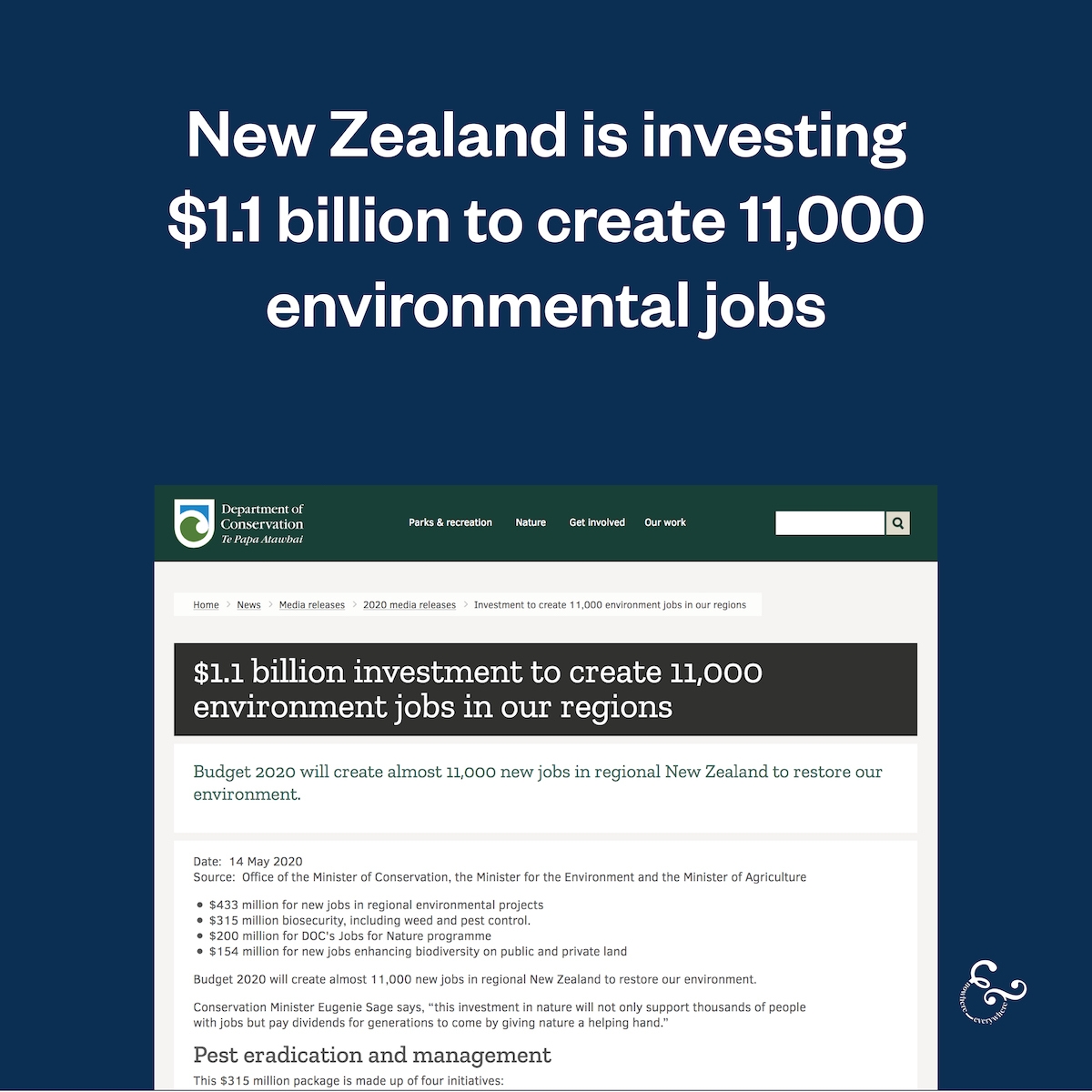We’re trying to keep a good track of the positive changes for our environment happening in response to the coronavirus pandemic. Climate change advocates and scientists alike would never have designed a pandemic lockdown and disastrous economic situation in order to address the environment (it should have – and still needs to – be done far differently with a sharp eye on environmental and social justice), but this is the situation we find ourselves in. Even a lockdown hasn’t been enough to slow emissions just this year in keeping with the requirement by the IPCC so we know we have much more work to do.
As a result of this pandemic however, some countries are choosing not to let a crisis go to waste and instead accelerating plans, implementing new solutions, and passing policies they might never have trialled previously (particularly without years of debate and administration). Personal green transport, particularly cycling, has seen a major uplift but plenty of other ideas are coming to the surface too.
Changing our transport makes sense. On average, a car is on the road only eight percent of its life, yet as much as half of our cities’ land is devoted to roads, parking and driveways. Given road transport is one of the biggest contributors to climate change (about fourteen percent globally and up to a fifth in countries like America and Australia) we know we need to dramatically change the way we navigate our cities.
We’d like to see increasing imagination as this year goes on as this may likely be our last chance to address our multiple environmental crises and create a positive plan for the future.
Below you’ll find our list of updates and access to a filterable database. These are permanent, semi-permanent, endable projects or innovative ideas under review in response to Covid-19 in aid of our environment. We are including decently impactful (to a city / region / country) responses and excluding very small projects (such as a few roads being turned into cycle lanes). If you know of another project, please email us. We’d love to take a look and potentially include it. You can find sharing graphics at the bottom of this post.
Last updated 16 June 2020
The Netherlands
Doughnut economics in Amsterdam
The doughnut economic model created by Kate Raworth model will be formally embraced by Amsterdam as the starting point for public policy decisions, the first city in the world to make such a commitment.
Note: Amsterdam had already begun implementing this idea (the first doughnut city meeting was in December 2019) but this has accelerated the response.
Spain
Universal Basic Income
Spain is to roll out a universal basic income (UBI) as soon as possible to mitigate the impact of coronavirus. Spain would become the first country in Europe to introduce them nationwide on a long-term basis. Initially up to one million families would receive the new benefit, which is expected to cost between 3 billion and 3.5 billion euros annually. Recipients will still be able to receive the payments while they are working, as the scheme is aimed at encouraging recipients to seek employment, rather than deterring job-seeking. Check out our brief UBI post on Instagram here.
Italy
Financial support for personal green transport
As part of the government’s economic decree, people in towns and cities with populations of 50,000 or more will be able to claim up to €500 toward the cost of a new bike. The payment also applies to scooters, electric bikes and Segways.
Roads to bicycles
Milan – Milan is to introduce one of Europe’s most ambitious schemes reallocating street space from cars to cycling and walking. The city has announced that 35km (22 miles) of streets will be transformed, with a rapid, experimental citywide expansion of cycling and walking space. The Strade Aperte plan includes low-cost temporary cycle lanes, new and widened pavements, 30kph (20mph) speed limits, and pedestrian and cyclist priority streets.
Rome – Rome’s council has approved the construction of 150 kilometres (93 miles) of temporary and permanent cycle routes as a way to be more sustainable.
South Korea
Green New Deal
South Korea’s Democratic party won a landslide victory in the elections achieving a strong mandate for a European-style Green New Deal, making it the nation first in east Asia to enact a pledge to reach net zero emissions by 2050. With strong public backing, the government must now set about enacting its Green New Deal.
Note: this isn’t in direct response to Covid but is being utilized as a tool to recover from the crisis. South Korea also hasn’t committed to stop financing coal projects in other countries; this needs to be part of the policy suite to truly be effective.
Pakistan
Jobs for trees
Pakistan is helping daily workers who have been laid off as a result of coronavirus by giving them jobs planting trees. The initiative is part of Pakistan’s 10 Billion Tree Tsunami Programme, an ambitious forest restoration project. Government officials have said that this reforestation program will create over 63,600 jobs, which will pay between 500 rupees and 800 rupees per day (we would like to see this be more).
Canada
Oil well restoration for jobs
Prime Minister Justin Trudeau said his government is investing $1.7 billion to clean up orphan wells in British Columbia, Alberta and Saskatchewan to keep people working during the pandemic.
Bit of context: When the oil and gas company Manitok Energy went out of business in 2018, it sent tens of millions of dollars worth of environmental liabilities to the Orphan Well Association, the non-profit agency responsible for cleaning up the environmental messes left behind by bankrupt oil and gas companies. Less than a year later, a new company with a different name but the same CEO was able to acquire all of Manitok’s remaining non-orphan well assets while dumping the liabilities on the public. The OWA is supposed to be industry funded but it is now majority funded by public money due to recently receiving hundreds of millions of dollars worth of taxpayer dollars.
Note: the public absolutely should not be paying for this and we need to ensure this doesn’t happen in the future but the idea for restoration jobs is a useful template.
New Zealand
Four day working week
New Zealand’s prime minister has suggested employers consider a four-day working week and other flexible working options as a way to boost tourism and help employees address persistent work/life balance issues.
“I’d really encourage people to think about that if you’re an employer and in a position to do so. To think about if that’s something that would work for your workplace because it certainly would help tourism all around the country.” – Jacinda Ardern
Environment jobs
The 2020 budget will create almost 11,000 new jobs in regional New Zealand to restore the environment. It includes new jobs in regional environmental projects, biosecurity, including weed and pest control, millions for the Jobs for Nature programme, and new jobs enhancing biodiversity on public and private land.
“The impact of Covid-19 is that a lot of people and very skilled positions have been made redundant – so it’s an opportunity for them to use their skills in a different way.” – Conservation Minister Eugenie Sage
United States
Roads to bicycles
Seattle – Nearly 32 kilometres (20 miles) of Seattle streets will permanently close to most vehicle traffic. The streets had been closed temporarily to through traffic to provide more space for people to walk and bike at a safe distance apart during the coronavirus pandemic. Now the closures will continue even after Gov. Jay Inslee’s stay-at-home order is lifted.
France
Air emissions
Air France must slash domestic flights and agree to work towards becoming the world’s “most environmentally friendly” airline for the government bailout. Air France needs to halve its overall carbon-dioxide emissions per passenger-kilometre by 2030, compared with 2005 levels. This is in line with plans already set out by the airline. The CO2 reduction target for domestic flights is more stringent: the finance minister is calling for a 50% reduction by the end of 2024. As soon as there is a rail alternative to domestic flights with a duration of less than 2.5 hours, these domestic flights will have to be drastically reduced and limited to hub transfers. The French government is also calling on Air France to renew its fleet with more efficient aircraft, and to commit to sourcing 2% of its fuel requirements from sustainable sources by 2025.
Roads to bicycles
Paris – Paris is rolling out 650 kilometers (403 miles) of cycleways—including a number of pop-up “corona cycleways”. This is an acceleration of the mayor’s existing Plan Vélo. Under the plans, Paris was to remove 72% of its on-street car parking spaces.
Financial support for personal green transport
Under the €20 million scheme, everyone will be eligible for bike repairs of up to €50 at registered mechanics. The funding will also help pay for cycle training and temporary parking spaces. In normal times, 60% of journeys made in France are less than 5 kilometres (3 miles).
Greece
Reallocating public space
The Greek capital is embarking on one of the most ambitious rejuvenation schemes, which has been hastened by the pandemic. The major announced plans to allocate 50,000 square metres (538,000 square feet) of public space for cyclists and pedestrians. At the heart of the scheme will be a four-mile “grand walkway” uniting archaeological sites in the historic centre. Pavements will be widened, boulevards pedestrianized, squares enlarged and traffic banned from areas beneath the Acropolis.
Portugal
Financial support for personal green transport
Lisbon residents can now get a €100 voucher for buying a bike, €350 for an e-bike, or €500 for a cargo bike.
Roads & public space
Lisbon – Portugal’s coastal capital city is removing car parking spaces and replacing them with alfresco cafes and restaurants, and the city’s burgeoning bike path network will be expanded, including the provision of 25 kilometres (16 miles0 of pop-up cycleways and another 29 kilometres (18 miles) before September.
